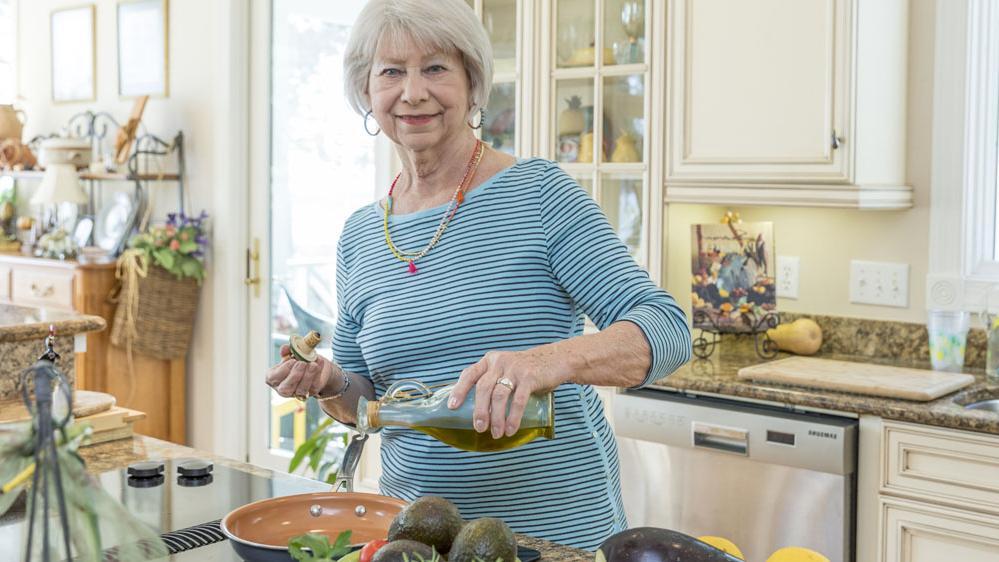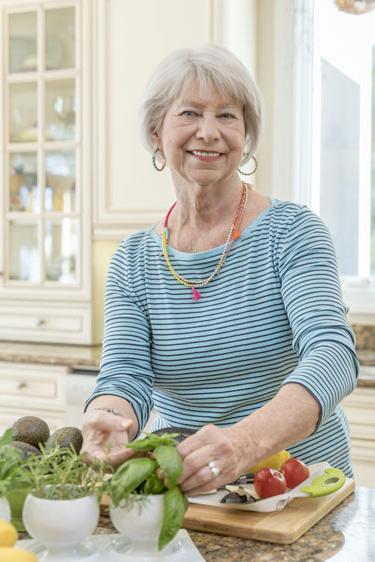
“It was an extremely positive experience. Everyone who was involved in my care went out of their way to make sure I was doing well.”

Half-way through her 70s with no serious health problems, Sondra Woodward was happily enjoying retirement on Callawassie Island when a routine mammogram at the Beaufort Memorial Breast Health Center revealed a suspicious lesion in her right breast.
The abnormal image turned out to be stage 2 triple-negative breast cancer.
"It was surreal," Woodward said. "I didn't feel sick so I couldn't believe I had something like that going on in my body."
According to the National Breast Cancer Foundation, about 15 percent of diagnosed breast cancers are triple-negative. More aggressive than other types of breast cancer, triple-negative breast cancer does not respond to common treatments like hormone therapy because the receptors known to fuel most breast cancer growth - estrogen, progesterone
Sondra Woodward's Care Team

Determined to battle the disease head on, Woodward met with a team of the hospital's specialists to develop a plan of attack that would include surgery, chemo and radiation therapy.
After discussing her options with board-certified general surgeon Dr. Perry Burrus, Woodward opted for a lumpectomy. A research study published in 2014 found women diagnosed with early-stage triple-negative cancer who have a lumpectomy and radiation do not have a higher risk of a recurrence in the same breast.
The procedure was performed at the hospital as outpatient surgery. Along with the tumor, Burrus removed a lymph node that contained a small amount of disease.
Following evidence-based protocols, Woodward was put on a chemo regimen that included two different types of cancer-fighting drugs.
Although it's a more aggressive type of breast cancer, it lends itself to effective chemotherapy. Studies have shown that delivering the drugs in sequence produces a better response.
While the drugs caused some serious side effects, including anemia and dehydration, her team was able to help Woodward manage the issues.
Three weeks after completing her 16 rounds of chemo, she started radiation treatments with board-certified radiation oncologist Dr. Jonathan Briggs at the Keyserling Cancer Center. A mammogram taken this month shows she remains cancer free.
Passionate about cooking, Woodward is back in the kitchen trying out new recipes - many featuring fresh herbs from her garden - almost every night. And she's planning a big trip to the British Isles next year with her husband, David.
"My prognosis is good, so I'm not going to worry about it," she said. "I'm getting on with my life and doing the things I like to do."
This Beaufort Memorial patient story first appeared in the Oct. 17, 2017, issue of The Bluffton Sun.


